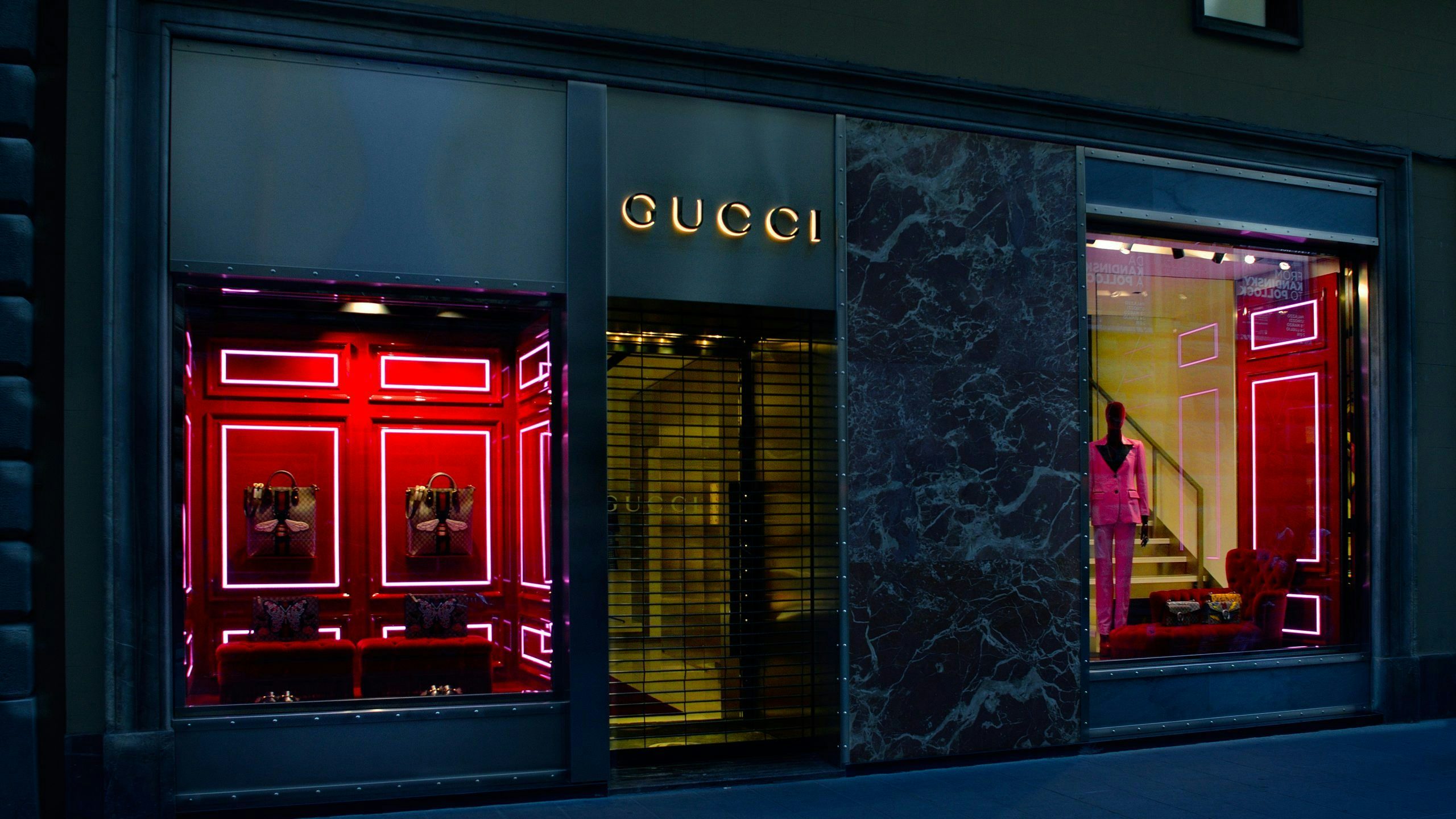Ten years ago, a standard executive boardroom at a top luxury company would mostly consist of white men. But in recent years, fashion’s lack of diversity as it pertains to race, gender, and body representation has come under fire. The global luxury industry’s external marketing, imagery, and messaging have a long way to go while in this regard, and internally, it has struggled to put diverse faces into executive positions of power.
But as new plus-size and black markets continue to grow and China gains in economic power, the current lack of racial and gender diversity within many luxury company executive boardrooms has rendered those companies powerless to connect with such communities authentically. Recently, pivotal appointments have signaled that companies are trying to remedy the disconnect between their leadership and consumer demand. Just in the Chinese market, several trailblazing female leaders have started to break through that predominately white and male-dominated executive culture by earning a seat at some of the industry's most impressive luxury board tables.
Earlier this week, Judy Liu was appointed executive board member of the e-commerce fashion platform Farfetch after serving as the company’s managing director in China. She will manage multiple cross-functioning departments, including marketing, operations, and products. With over 15 years of relevant experience, Liu’s insights into business development, digital marketing, and the changing e-commerce ecosystem should be a valuable asset in Farfetch’s growth plan for China. “This is a great responsibility the board and our founder Jose Neves is giving me,“ Liu said. “It shows Farfetch’s commitment to the China market and the importance of the Chinese consumer in the luxury industry.”
Before that hire, Jean Liu, who worked in a leadership role at China’s version of Uber, Didi, joined the board of the international luxury group Kering as a director in June, where she became the first-ever Asian member of its distinguished board. Liu is one of the few high-ranking women in China’s tech sector and has been a strong advocate for female leadership. While she was at Didi, Liu made sure female staff members were allowed to move up in a company where women occupied 37 percent of leadership positions.
Notably, many of these new female executives come from tech backgrounds. And with their first-hand experience in the Chinese market (a much more digitally advanced one than in Western markets), these companies are gaining valuable expertise in tracking consumer behaviors while staying on top of the latest tech innovations.
In 2019, Moda Operandi appointed Ming Yang, who was the company’s first employee in China, as its managing director in China. During that same year, Yating Wu was appointed chief executive officer of a joint venture between Richemont and Alibaba group. Wu previously worked at Unilever for 15 years at several senior positions and has extensive knowledge in Asia’s digital and e-commerce fields. And way back in 2017, the Swiss luxury giant Richemont Group, which owns luxury labels such as Cartier, Chloe, and Jaeger-LeCoultre, appointed its first-ever China-born member, the economist Jin Keyu, to its board of directors.
Indeed, many of these leaders hold the title of being the first Chinese women to enter their respective boardrooms. Asia has traditionally been a market where female leadership is severely underrepresented, especially in Mainland China. A 2018 report from Corporate Women Directors International on the world's 200 largest companies found that female representation on boards remained low in Japan (7 percent) and was even lower in China (4.8 percent). Meanwhile, women were found to have held 21.4 percent of the director positions at these 200 businesses.
Yet research finds that companies actively promoting women see higher profitability, and their average returns and market-value-weighted returns are especially higher. For companies in China, this should translate to policies that create greater gender equality, which thereby induces greater motivation among female workers. Some such initiatives include promoting accountability for pay and other opportunities, developing family-friendly policies like remote working, and disclosing gender recruitment statistics.
As the Chinese market continues to grow, luxury companies must have proper representation at the executive level to fully rebound after COVID-19. According to recent estimates from Boston Consulting Group, the luxury goods market will recover in China before anywhere else in the world, and it should show positive growth of roughly 10 percent over 2020. Survey data also proves that Chinese consumer confidence has remained strong despite COVID-19 and its subsequent lockdowns.
Political and social tensions have intensified amid the global pandemic, and now companies are being forced to reorganize their internal leadership structures. But they should consider it an opportunity to include more thoughts and voices in their decision-making. Today, global corporations must remain agile, so they can quickly adapt to rapidly-changing consumer demands, and the specialized talents and expertise of China’s female leaders will be crucial for communicating in that country’s market. Hopefully, the presence of these female trailblazers on luxury company boards will open even more doors for other female Chinese leaders in the future.

